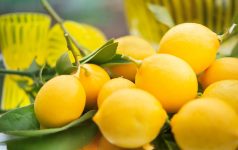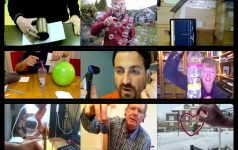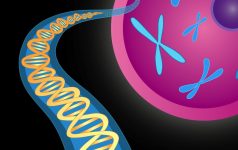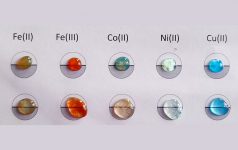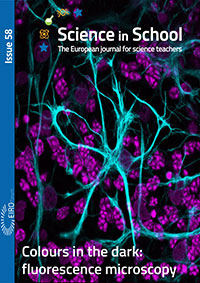
Articles
Showing 10 results from a total of 43
When life gives you lemons: use limonene to explore molecular properties with your students and show them the scientific method in action.
All teachers have at least one favourite experiment that they are eager to share. Read on to learn more about monthly experiment sharing sessions and discover some low-cost physics experiments to try out in your own classroom.
Sketch graphs from ‘story’ videos of everyday events to help students understand the basic features of graphs and how to interpret them.
Europe is throwing a party for Gregor Mendel. Cities and institutes in Austria, the Czech Republic, Germany, and the United Kingdom invite you to a year of events honouring the father of genetics.
Trees are incredible chemical factories that capture carbon dioxide and produce the oxygen we breathe, but they produce other chemicals too. We need to understand their effect in the atmosphere to get the most out of tree-planting initiatives.
How can you measure a beam of particles without interfering with it? The answer: by using a curtain of supersonic gas.
Stroll through biological databases: Walking on chromosomes is a CusMiBio project that teaches students how to explore biological databases and extract basic information about human genes. It is a collaborative activity based on working together and sharing discoveries.
Dropping out: learn about the chemistry of precipitation and introduce your students to chemical reactions that form colourful new compounds using microscale chemistry methods that are cheap, quick, and easy to do.
Recent results from EUROfusion’s JET experiment have demonstrated sustained high fusion power for the first time. These ground-breaking results could pave the way for fusion energy to play a key role in tackling climate change.

Citrus science: learn with limonene
My favourite experiments – connecting teachers and ideas
Graphing stories
Celebrating Gregor Mendel in his 200th anniversary year
How trees affect the climate: is it just through photosynthesis?
A disturbance in the Force gives insights into beam diagnostics
A chromosome walk
Pleasing precipitation performances – the microscale way
JET sets new fusion energy record

